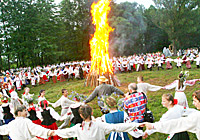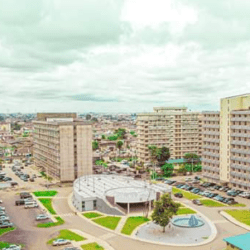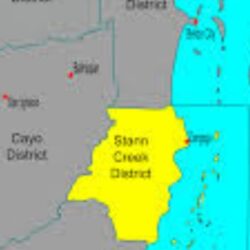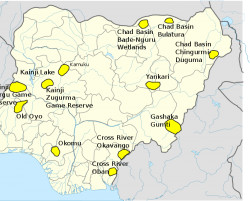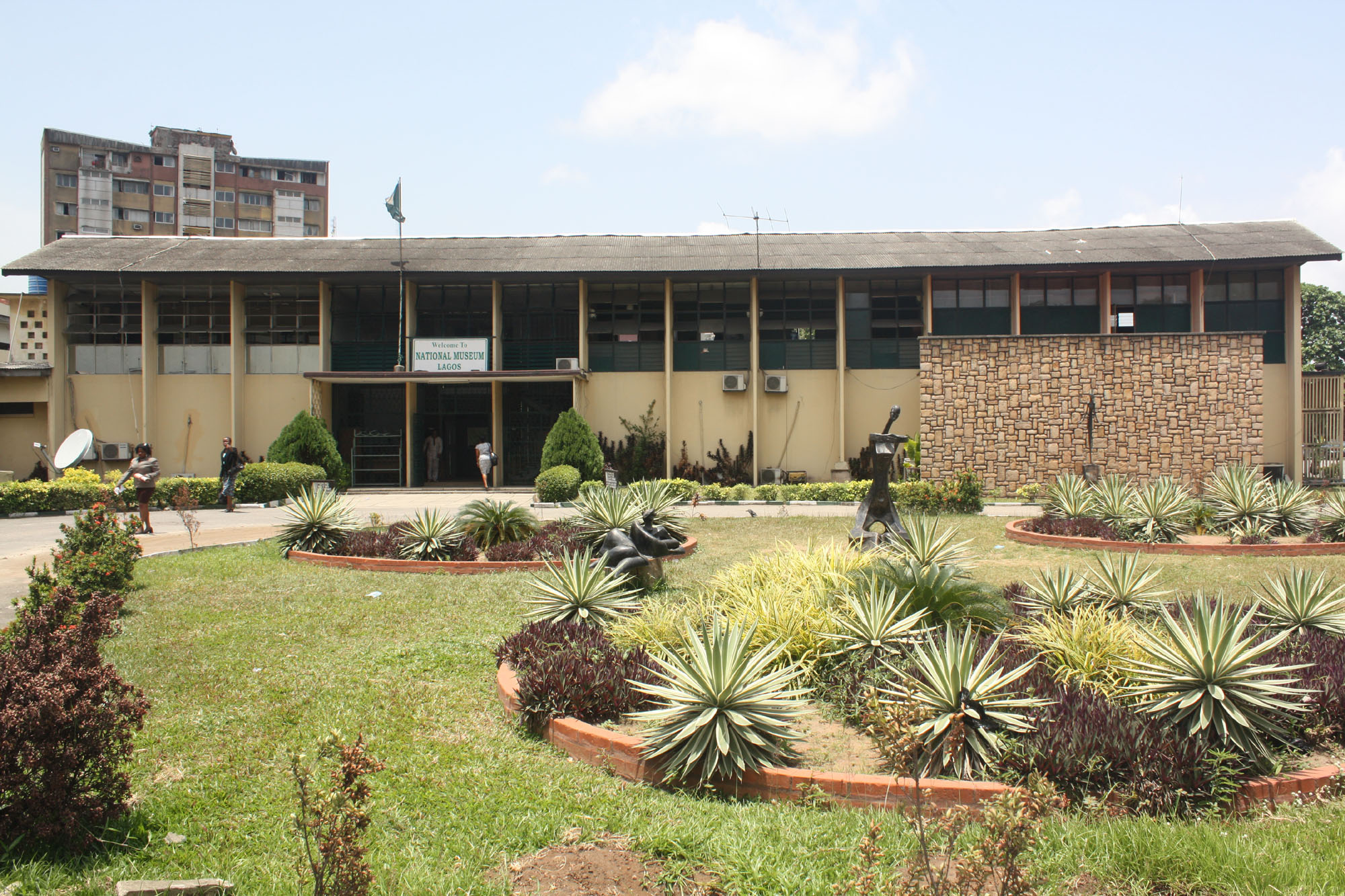The story of vigilantism in Nigeria, particularly with groups like the Bakassi Boys and the Isakaba Boys, illustrates a profound tension between public disillusionment with the state’s ability to maintain security and a reliance on self-organized groups to enforce justice. These vigilante groups emerged as grassroots responses to the perceived inadequacies of law enforcement, drawing legitimacy from traditional beliefs, societal frustrations, and a growing sense of duty to protect local communities. However, their activities underscore a complex and often dangerous intersection of justice, law, and extrajudicial violence.
1. Historical and Socioeconomic Context of Vigilantism in Nigeria
Nigeria has faced decades of political instability, economic challenges, and high crime rates, all of which have contributed to the rise of vigilante groups. With insufficient funding and limited reach of police forces, especially in rural areas, communities have often felt the need to take justice into their own hands. The Bakassi Boys, formed in the late 1990s in the southeastern states, were initially seen as protectors, combating violent crime when the government seemed absent. However, as these groups gained power, they also began to blur the line between protection and persecution, sometimes targeting individuals without fair trial or proper investigation.

2. Neoliberal Reforms and Democratization Discontent
Nigeria’s shift towards neoliberal economic policies and democratization in the 1990s was supposed to usher in development and stability. However, these reforms were accompanied by increased inequality and widespread poverty, which led to disenchantment with the government. This disappointment created an opening for vigilante groups to step in as parallel authorities, claiming they could deliver justice and accountability that the state could not.
3. The Role of the Bakassi Boys
The Bakassi Boys initially gained popularity by targeting known criminals and those perceived as threats to community peace. They justified their actions using “supernatural” beliefs, claiming mystical powers to detect and punish guilt. This form of justice resonated with people who were disillusioned by the inefficiency and corruption in the official justice system. But while their actions seemed to provide immediate solutions, they often led to extrajudicial killings and fueled a cycle of violence.
4. The Isakaba Boys: Escalation of Vigilante Violence
Following the Bakassi Boys, other groups like the Isakaba Boys emerged. These groups also engaged in violent retribution, often targeting not only criminals but also perceived political or social enemies. The Isakaba Boys’ activities extended beyond the fight against crime, sometimes involving revenge attacks, which escalated tensions and led to numerous innocent casualties, including high-profile figures like Professor Goodwill Onuoha. The unintended killings led to public outrage and prompted the government to attempt to dismantle the Isakaba group.
5. The Government’s Role and Response
While vigilante groups like the Bakassi Boys were sometimes supported by local governments or officials seeking control over security, the federal government’s reaction has generally been ambivalent. Initially, authorities viewed these groups as a supplemental force to address security gaps. However, as innocent people became victims of vigilante justice, the government was pressured to dismantle these groups, leading to arrests and prosecutions. This pattern of state endorsement followed by withdrawal has highlighted inconsistencies in the Nigerian government’s approach to justice and law enforcement.
6. Implications for Justice and Society
The rise of vigilante groups like the Bakassi and Isakaba Boys illustrates broader issues of trust and legitimacy within Nigerian society. While some community members view these groups as necessary in the face of a weak state, others see them as contributing to a cycle of violence that ultimately undermines justice. The co-opting of such groups by politicians for personal or political gain further complicates the issue, as it blurs the line between state and non-state actors in law enforcement.
7. Ongoing Challenges and Future Outlook
Nigeria’s reliance on vigilante groups points to the urgent need for comprehensive reform within its justice and law enforcement institutions. While vigilantism offers a short-term solution, it cannot replace a legitimate, accountable state that can ensure justice for all citizens. The challenge lies in reforming state institutions to restore public confidence and eliminate the need for extrajudicial groups.


